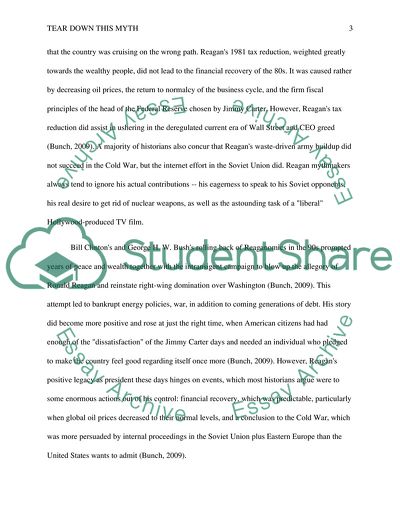Cite this document
(Tear Down This Myth by Will Bunch Literature review, n.d.)
Tear Down This Myth by Will Bunch Literature review. https://studentshare.org/literature/1813905-will-bunch-tear-down-this-myth
Tear Down This Myth by Will Bunch Literature review. https://studentshare.org/literature/1813905-will-bunch-tear-down-this-myth
(Tear Down This Myth by Will Bunch Literature Review)
Tear Down This Myth by Will Bunch Literature Review. https://studentshare.org/literature/1813905-will-bunch-tear-down-this-myth.
Tear Down This Myth by Will Bunch Literature Review. https://studentshare.org/literature/1813905-will-bunch-tear-down-this-myth.
“Tear Down This Myth by Will Bunch Literature Review”. https://studentshare.org/literature/1813905-will-bunch-tear-down-this-myth.


